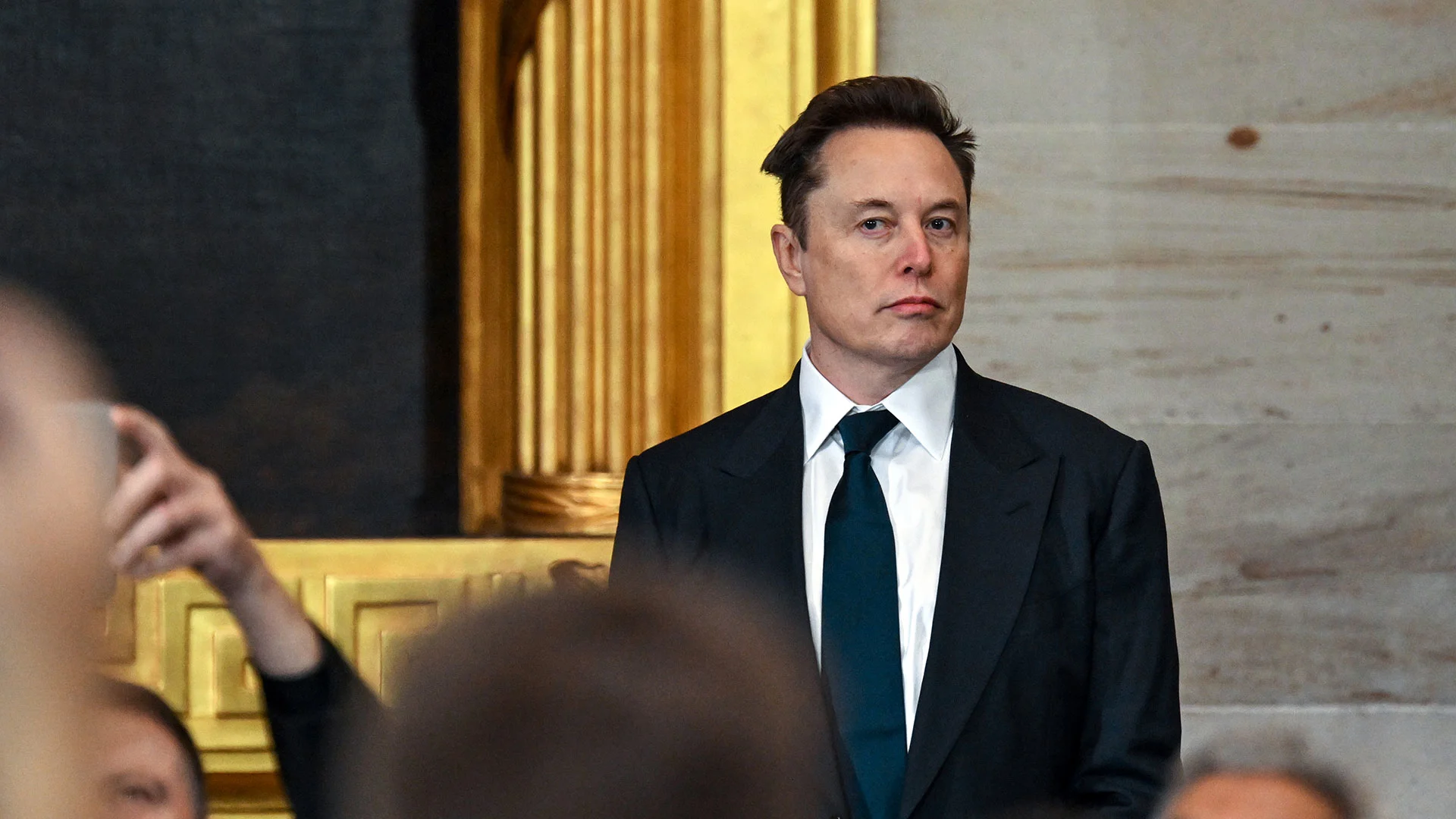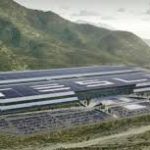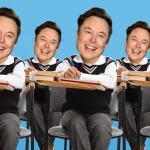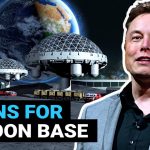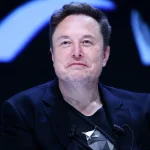Elon Musk: A New Vision for Affordable Housing?
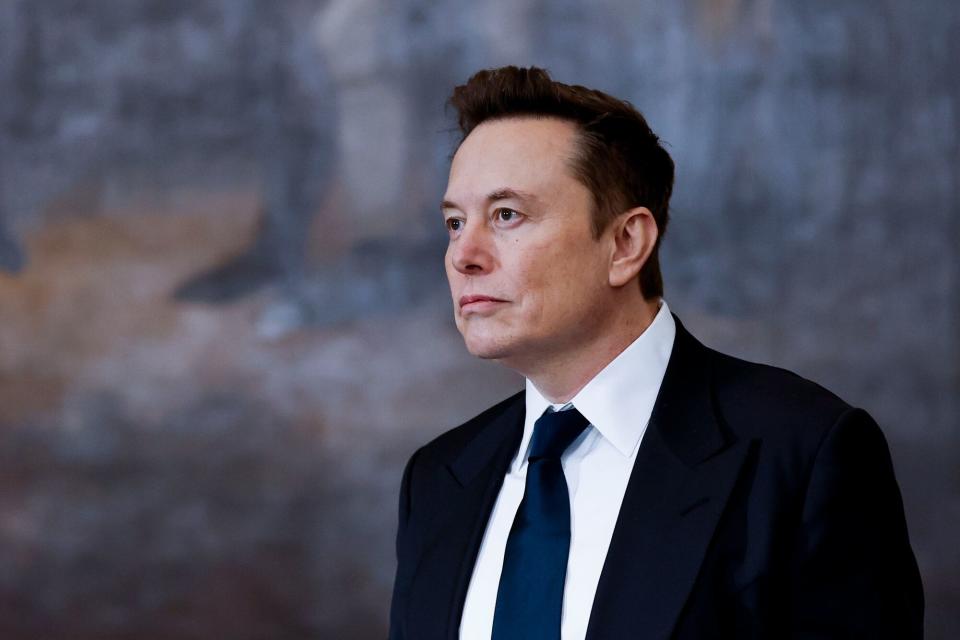
Elon Musk: A New Vision for Affordable Housing?
Elon Musk is best known for his revolutionary advancements in space exploration, electric vehicles, and sustainable energy. His ventures, such as SpaceX, Tesla, and Neuralink, have not only redefined the industries they inhabit but have also reshaped the way we think about technology’s potential to solve some of the world’s most pressing problems. Yet, in a surprising pivot, Musk is now turning his attention to one of society’s most fundamental issues: affordable housing. With growing concerns about housing shortages, skyrocketing property prices, and the displacement of low-income families, Musk’s foray into the affordable housing market raises the question: Could his bold vision provide the solution to the global housing crisis?
In this article, we explore Musk’s growing interest in affordable housing, the potential for his unique approach to redefine the industry, and what this could mean for communities around the world facing housing insecurity.
The Global Housing Crisis: A Challenge in Need of Innovation
The global housing crisis is becoming more urgent by the day. In cities around the world, a significant portion of the population faces skyrocketing rents and housing prices that far outpace wages. Urban areas are increasingly gentrified, pushing low-income families to the outskirts or into overcrowded, unsafe conditions. Homelessness is on the rise, and traditional housing markets are struggling to meet the growing demand. In the United States alone, millions of people live in substandard conditions, and the problem is even more acute in developing countries where poverty and rapid urbanization create a perfect storm of housing challenges.
Governments and non-profit organizations have made strides in addressing the issue, but the scale of the problem has often outpaced efforts to resolve it. Many traditional solutions, such as building more affordable housing or providing subsidies, have faced obstacles ranging from political resistance to financing challenges. What’s clear is that the housing market is in need of innovation—innovations that take into account not just affordability, but also sustainability, efficiency, and long-term viability.
As someone who has disrupted industries with ambitious ideas, Musk’s interest in affordable housing comes as no surprise. His approach to solving problems—through cutting-edge technology, bold thinking, and an unwavering commitment to long-term sustainability—may be just what the housing market needs.
Musk’s Vision for Affordable Housing
Elon Musk has outlined his vision for affordable housing in various interviews and public statements, and while the details are still developing, his approach promises to be radically different from traditional housing solutions. Musk’s strategy combines his passion for sustainability, technology, and cost efficiency to create homes that are both affordable and environmentally friendly. Here are some of the key elements of his vision:
-
Sustainable and Energy-Efficient Housing: Musk’s commitment to sustainability is well-known through his ventures in electric vehicles and solar energy. In the context of affordable housing, Musk envisions homes that integrate green technologies such as solar panels, energy-efficient insulation, and sustainable building materials. Homes would not only be affordable to purchase or rent but also cost less to maintain due to their energy efficiency.
-
Modular and Scalable Construction: Musk’s approach to affordable housing involves using modular construction techniques to speed up the building process and reduce costs. Modular homes, which are pre-fabricated in factories and assembled on-site, are faster and cheaper to build than traditional brick-and-mortar homes. Musk’s companies, such as Tesla and The Boring Company, already have experience with creating modular, scalable technologies. Using this expertise, Musk’s affordable homes could be built quickly and efficiently to address the growing demand.
-
Technology-Driven Homes: Musk’s vision extends beyond just building homes—he is looking to incorporate smart technologies that enhance convenience, security, and sustainability. These homes would be equipped with the latest technologies to optimize energy use, improve security, and even provide integrated services for residents, such as smart home devices that control lighting, heating, and cooling. Additionally, Musk’s approach may include automated systems to manage water, waste, and air quality, making these homes more sustainable and reducing residents’ environmental footprints.
-
Affordable for Everyone: One of Musk’s key priorities is ensuring that his homes are truly affordable, particularly for low- and middle-income families. Rather than relying on traditional models of real estate development, which often lead to inflated prices, Musk intends to leverage new technologies to drive down construction costs. This would make homeownership—or even rental options—attainable for a much larger portion of the population.
-
Resilient Communities: Musk’s affordable housing vision also includes the creation of sustainable communities where residents are not just provided with homes but also have access to essential services, such as healthcare, education, and employment opportunities. By integrating these services into the housing development itself, Musk aims to foster a sense of community and provide opportunities for individuals to thrive. This approach also incorporates sustainable urban planning practices, including green spaces, public transportation, and access to renewable energy.

Will Musk’s Approach Work?
While Musk’s vision is ambitious, it is not without challenges. The housing crisis is deeply rooted in complex issues ranging from economic inequality and housing supply shortages to political and regulatory hurdles. As such, Musk’s approach will need to overcome several obstacles to achieve its full potential.
-
Regulatory Hurdles: One of the biggest challenges to Musk’s housing initiative will be navigating the regulatory landscape. Housing development is subject to numerous regulations, from zoning laws to building codes and environmental restrictions. Musk’s modular approach may face opposition from local governments or communities that are accustomed to traditional forms of construction. Additionally, Musk will need to work closely with policymakers to ensure that his affordable homes meet the needs of local populations while adhering to regulations and safety standards.
-
Scalability and Accessibility: While Musk’s plan for affordable housing promises to lower construction costs, the challenge will be scaling the project to reach millions of people in need. The housing crisis is a global issue, and Musk’s vision will need to be replicated in different regions, each with its unique challenges. Factors such as the availability of resources, local economic conditions, and the capacity of local construction industries will influence how quickly and effectively Musk’s housing vision can be implemented on a larger scale.
-
Long-Term Sustainability: Creating homes that are both affordable and sustainable is no small feat. Musk’s focus on energy efficiency and green technology is admirable, but the long-term success of these homes will depend on factors such as maintenance, durability, and the cost of energy. While Musk’s approach is promising, the success of these homes will require ongoing innovation to ensure that they remain affordable, resilient, and sustainable for future generations.
-
Public Perception and Acceptance: Public perception will play a significant role in the success of Musk’s affordable housing initiative. Many people are resistant to change, especially when it comes to something as fundamental as where they live. While Musk’s track record of success in the tech world is impressive, convincing people that his new housing models can provide the stability and quality of life they desire will take time. Building trust within communities and ensuring that the homes meet the diverse needs of residents will be crucial for long-term success.
The Broader Implications for the Housing Market
If Musk’s affordable housing initiative proves successful, it could have profound implications for the global housing market. Musk’s approach could set a new standard for how homes are built—efficiently, sustainably, and affordably. His focus on modular construction and technology could lead to faster and cheaper homebuilding, providing a blueprint for governments, non-profits, and private developers to follow.
Furthermore, Musk’s emphasis on integrating smart technology, renewable energy, and sustainable practices into affordable housing could spark a wider movement toward eco-friendly urban development. As the world faces growing concerns about climate change and environmental degradation, Musk’s vision could help to reimagine housing as part of a more sustainable and equitable future.
Conclusion
Elon Musk’s foray into affordable housing represents a bold new vision for how we can address one of the most urgent issues of our time. With his combination of innovative technology, sustainability, and cost-efficiency, Musk could redefine the future of housing, making homeownership attainable for millions of people around the world. While challenges remain, his approach offers a promising model for creating homes that are not only affordable but also environmentally responsible and resilient. If successful, Musk’s vision could set a new standard for the housing industry—one that prioritizes people, sustainability, and long-term impact.